Energy Efficient Protocol with Moving Charging Node and Optimum Route Selection using BAT Optimization, YSDA, and WA Algorithms in Sensor Networks
Problem Definition
The high power consumption and limited battery life of sensor nodes in IoT WSL applications are significant challenges that hinder the effective operation of these systems. This problem necessitates the development of a system that can incorporate wireless charging to overcome the limitations imposed by battery life. Moreover, managing the operation of sensor networks in various IoT applications, such as smart agriculture, extreme environments, infrastructure, manufacturing units, and smart homes, presents technical challenges that need to be addressed. The complexity of these applications, coupled with the demand for consistency in sensor performance and energy utilization, underscores the urgency for more efficient solutions to improve the overall efficiency of sensor networks in IoT WSL applications. The use of MATLAB software can be leveraged to tackle these challenges and develop innovative solutions that enhance the performance and energy utilization of sensor nodes in IoT applications.
Objective
To address the challenges of high power consumption and limited battery life in sensor nodes of IoT WSL applications, the objective is to develop a system incorporating wireless charging through movable charging points. This system aims to enhance the efficiency of IoT sensor networks, ensure continuous operation, and improve energy utilization in various IoT applications. Utilizing the BAT optimization algorithm for cluster head selection and a hybrid of YSDA and WA algorithms for charging route optimization, the project aims to optimize energy management and enhance the overall performance of IoT WSL sensor networks using MATLAB software.
Proposed Work
The proposed work aims to address the issue of high power consumption and limited battery life in sensor nodes of IoT WSL applications. By developing a system that incorporates wireless charging through movable charging points, the efficiency of IoT sensor networks can be enhanced. This approach not only improves the overall performance of sensor networks by ensuring continuous operation but also meets the demand for more efficient energy utilization in various IoT applications. The utilization of the BAT optimization algorithm for cluster head selection and a hybrid of the YSDA and WA algorithms for charging route optimization demonstrates a systematic and strategic approach towards achieving the project objectives. The use of MATLAB software further emphasizes the technical sophistication and robustness of the proposed system in optimizing energy management and enhancing the overall performance of IoT WSL sensor networks.
Application Area for Industry
This project's proposed solutions can be applied in various industrial sectors such as smart agriculture, extreme environments, infrastructure, manufacturing units, and smart homes. The challenges faced in these industries include high power consumption and limitations in sensor battery life, hindering efficient operation of sensor networks in IoT applications. By incorporating a sensor network with a wireless charging node and employing a BAT optimization algorithm for cluster head selection, this project addresses the need for more efficient sensor performance and energy utilization. The benefits of implementing these solutions include improved network efficiency, continuous sensor operation without power interruptions, and optimized charging routes for enhanced overall system performance. Industries can benefit from increased productivity, reduced downtime, and better resource management by implementing these proposed solutions.
Application Area for Academics
The proposed project can greatly enrich academic research, education, and training in the field of IoT sensor networks and wireless charging systems. By addressing the crucial issue of high power consumption and limited battery life in sensor nodes, this project offers a practical solution that can be applied in various real-world IoT applications.
Academically, this project opens up opportunities for innovative research methods, simulations, and data analysis within educational settings. Researchers can explore the effectiveness of the BAT Optimization algorithm in cluster head selection, as well as the hybrid YSDA and WA algorithms for optimizing charging routes. These algorithms provide a valuable contribution to the field of energy-efficient sensor network management.
MTech students and PHD scholars can utilize the code and literature of this project for their work in developing and optimizing sensor networks for IoT applications. They can further explore the application of wireless charging technology in different research domains such as smart agriculture, extreme environments, infrastructure, manufacturing units, and smart homes.
The use of MATLAB software in this project also offers a valuable learning opportunity for students and researchers interested in data analysis and simulation. By applying the proposed algorithms in practical scenarios, users can gain insights into the complexities of sensor network management and energy optimization.
In terms of future scope, researchers can continue to refine the proposed system and algorithms for even greater efficiency and scalability.
Further studies can investigate the impact of wireless charging on overall network performance and scalability in larger IoT deployments. Additionally, exploring the integration of advanced AI techniques such as machine learning and deep learning could enhance the system's capabilities and provide new avenues for research and development.
Algorithms Used
BAT Optimization is used for cluster head selection in the sensor node networks, considering factors like node distance, energy requirements, communication delays, and residual energy. The YSDA and WA algorithms are hybridized for routing to guide the movable node effectively in network charging. The project proposes an application with a sensor network and a wireless charging node that moves to recharge sensor nodes when needed. The BAT optimization algorithm helps in selecting a cluster head efficiently, while the hybrid YSDA and WA algorithms optimize the charging route for the movable node, improving overall network efficiency.
Keywords
SEO-optimized keywords: IoT, WSL applications, high power consumption, battery life limitations, wireless charging, sensor nodes, smart agriculture, extreme environments, infrastructure, manufacturing units, smart homes, sensor network, movable charging node, BAT optimization algorithm, cluster head selection, energy utilization, continuous operation, charging requests, MATLAB, YSDA algorithm, WA algorithm.
SEO Tags
IoT, Wireless Sensor Network, Sensor Nodes, Battery Life Optimization, Energy Efficiency, Wireless Charging, Smart Agriculture, Extreme Environments, Infrastructure Monitoring, Manufacturing Units, Smart Homes, BAT Optimization Algorithm, Cluster Head Selection, YSDA Algorithm, WA Algorithm, MATLAB Software, Wireless Charging Node, Energy Utilization, Sensor Performance, Charging Route Optimization, PHD Research, MTech Project, Research Scholar, Sensor Network Efficiency.
| Shipping Cost |
|
No reviews found!













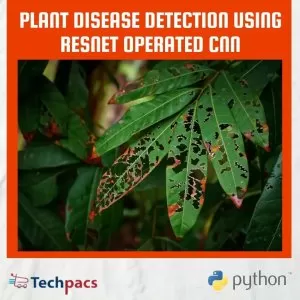
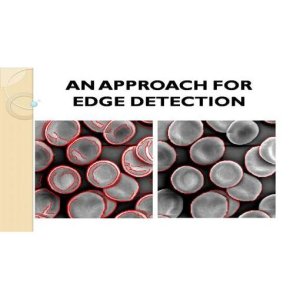


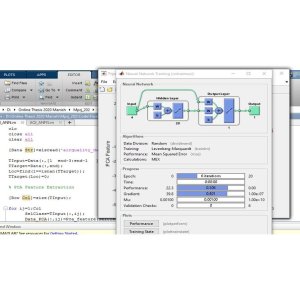
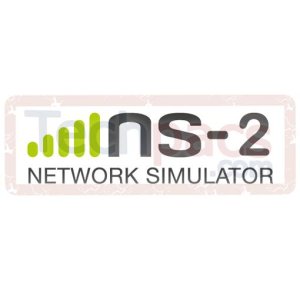
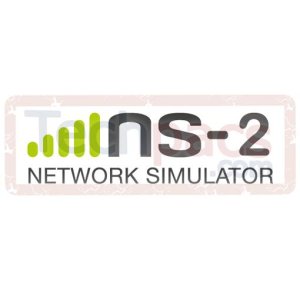































No comments found for this product. Be the first to comment!